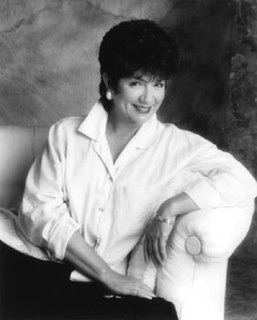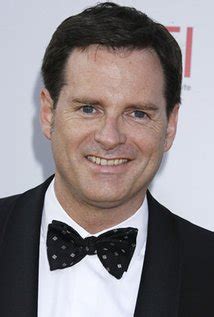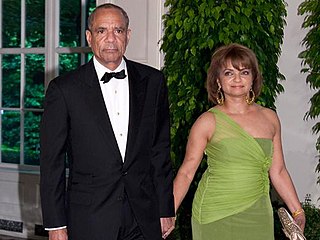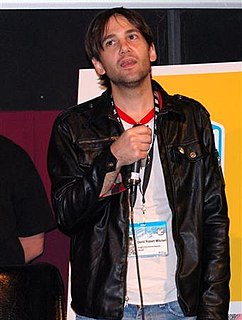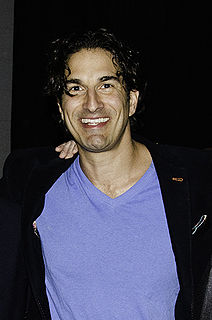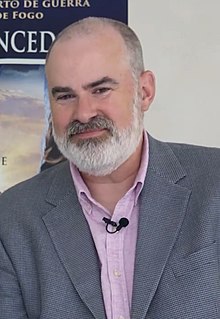A Quote by Melanie Martinez
I wrote about scenarios that I was going through and then disguised them.
Related Quotes
I loved them all the way one loves at any age -- if it's real at all -- obsessively, painfully, with wild exultation, with guilt, with conflict; I wrote poems to and about them, I put them into novels (disguised of course); I brooded upon why they were as they were, so often maddening don't you know? I wrote them ridiculous letters. I lived with their faces. I knew their every gesture by heart. I stalked them like wild animals. I studied them as if they were maps of the world -- and in a way I suppose they were.
I wrote the book Don't Die, My Love as I was going through radiation, so it certainly has an air of authenticity about it because I was there. I think all of my books took on kind of a deeper tone when the lady who wrote about cancer all of a sudden had cancer. I'm doing well. I went through it all and they said, 'You're fine."
I was writing everything. I grew up in Albany, New York, and I was never any farther west than Syracuse, and I wrote Westerns. I wrote tiny little slices of life, sent them off to The Sewanee Review, and they always sent them back. For the first 10 years I was published, I'd say, "I'm a writer disguised as a mystery writer." But then I look back, and well, maybe I'm a mystery writer. You tend to go where you're liked, so when the mysteries were being published, I did more of them.
It's just about having faith in what I wrote and following through on the plan and making sure I get the pieces the way that I need them. It's just about executing properly in production and then in post, you know, it's working [with] and trusting my editor, and then also playing the film for people and seeing how they react.
I don't write from dreams because I don't remember mine, but I had a fragment of an image left about twins, whose father was telling them how their lives were going to go for the next eight years. I wrote a scene about that, and then another and then another and then another, and after five months I had 732 pages.
There's a secret to get through loss, pain and grief. If we're alone we can't see who we are. When we join the club, other people become the mirror. Through them, we see ourselves and gain an understanding of what we're going through. Then slowly, real slowly, we learn to accept who we see in the mirror. Then you become the mirror for them; by being honest about who you are, you'll help them learn to love and accept themselves.
"Only write what you know" is very good advice. I do my best to stick to it. I wrote about gods and dreams and America because I knew about them. And I wrote about what it's like to wander into Faerie because I knew about that. I wrote about living underneath London because I knew about that too. And I put people into the stories because I knew them: the ones with pumpkins for heads, and the serial killers with eyes for teeth, and the little chocolate people filled with raspberry cream and the rest of them.
The future is unwritten. there are best case scenarios. There are worst-case scenarios. both of them are great fun to write about if you' re a science fiction novelist, but neither of them ever happens in the real world. What happens in the real world is always a sideways-case scenario. World-changing marvels to us, are only wallpaper to our children.



